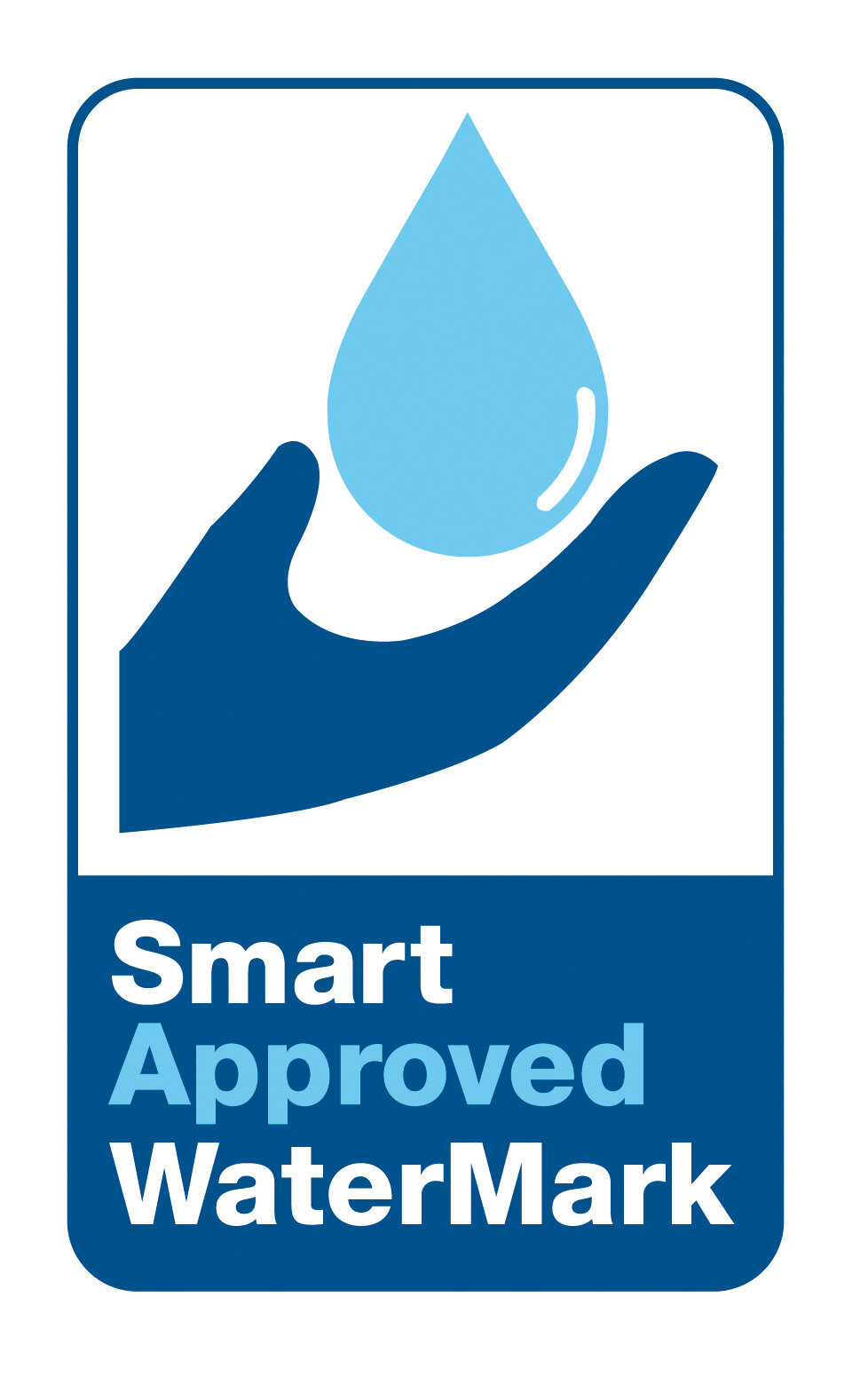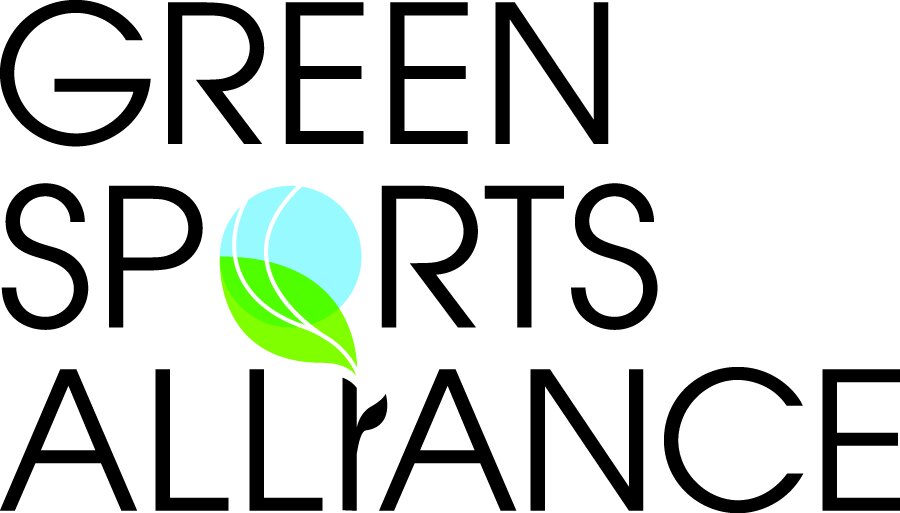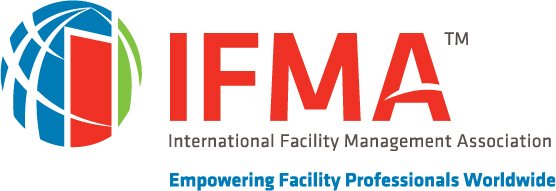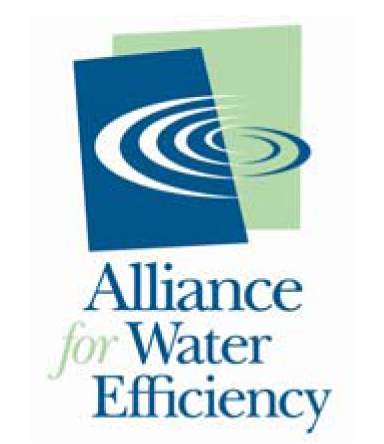To read this article and more in the publication Express Water, Click here to download the issue.
Worst-ever water crisis for India
Why You'll Want to Consider Waterless Urinals for Your Facility
This Will Help You Understand Why Schools Want Waterless Urinals
Take The Waterless Urinal Dry Facts Test
Hotels Add a Splash of Elegance by Going Waterless
What We Have Learned from the “Water Guinea Pigs” of Cape Town
Cape Town Residents use Half the Amount of Water than Before ‘Day Zero’
Cape Town, South Africa, faces a major water crisis, but the city has managed to stave off Day Zero – that is, the day the city would actually run out of water completely – for the foreseeable future. Still, with “severe climate change looming, the city of 4 million will face a reckoning sooner or later,” writes climate expert Ashley Dawson, a native of Cape Town, in the Washington Post. “And it will not be alone.”
Cape Town’s water crisis – and the city’s response to it – has shown that planning for a drier future needs to be comprehensive, integrated and realistic, Dawson writes.
But Cape Town has also shown us that such crises can be successfully addressed.
Today, Cape Town residents are using nearly 50% less water than they were in 2015 and reductions are expected to continue, says Klaus Reichardt, CEO and founder of Waterless Co...
To read more on this article, visit Environmental Leader by clicking here.
Toilet blocks enroute Katra upgraded; eco-friendly technologies adopted
Jammu:
Shri Mata Vaishno Devi Shrine Board on Friday said that a phased programme is being implemented for the renovation and technological upgradation of all toilet blocks located along the Katra to Bhawan tracks, for securing enhanced sanitation and high levels of cleanliness in the Shrine area.
According to an official, in furtherance of these objectives, the renovation...
To read more from Rising Kashmir, click here.
A Small Win but Huge Relief
Day Zero Horror
The Executive Mayor of Cape Town, Patricia de Lille, predicted in October 2017 that the city would run out of water by the following March - Day Zero. Since then, the date has been shifted from April 21st, to May 11th, to July 9th. August 27th was another potential Day Zero. With strict water conserving methods put into place since October 2017 and those yielding satisfactory results, the city has possibly dodged the 'Day Zero' bullet in 2018. A small victory but definitely a huge relief to Capetonians!
However, the city continues to be on the edge, with likelihood of the disastrous day actually happening sometime in 2019 unless it is averted by benevolent rain gods this coming winter.
To read more on thegreeneconomy.com, click here.














